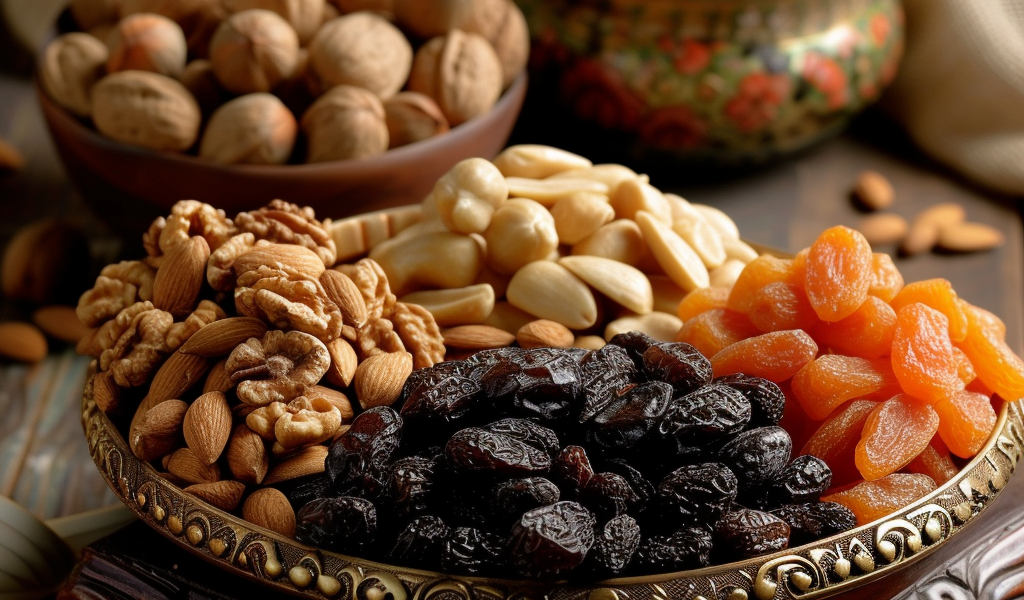Is fist-full really the right quantity of dry fruits to have in winters? Expert reveals
Winters aren’t just about snuggling in cosy sweaters & sipping on piping hot Chai; it’s also that time of the year when dry fruits & nuts take centre stage in our kitchens. These little nuggets aren’t just treats to tickle your taste buds – they’re packed with a punch of health benefits too. However, striking a balance is key, as too much of these nutritious treats may not be ideal. Whether it’s walnuts, almonds, or other dried fruits, savouring them in appropriate quantities ensures a healthy & delightful winter treat. Dry fruits, including almonds, walnuts, & dates, offer diverse health benefits, such as heart & brain health support, & quick energy supply. Understanding their qualities is vital for a balanced & nutritious diet.
Well, health coaches & nutritionists emphasise the importance of moderation. While it’s easy to get carried away & munch on these delicious snacks, consuming them in large quantities can lead to increased LDL cholesterol & higher fasting glucose levels. Conversely, a moderate intake of nuts like almonds & walnuts can be beneficial, aiding in reducing total cholesterol & triglycerides. One should aim for a small handful, roughly 20 grams, per day. This amount strikes the right balance, letting you enjoy the benefits without the risks of overconsumption. For most adults, about four to six servings of unsalted, unflavoured, & organic nuts per week is a good rule of thumb. Remember, these are general guidelines; individual dietary needs can vary significantly.
The way you consume dry fruits & nuts is just as important as the quantity. For example, high-temperature roasting of nuts can lead to the oxidation of their beneficial fats. It’s better to consume them raw or lightly roasted to preserve their nutritional value.





